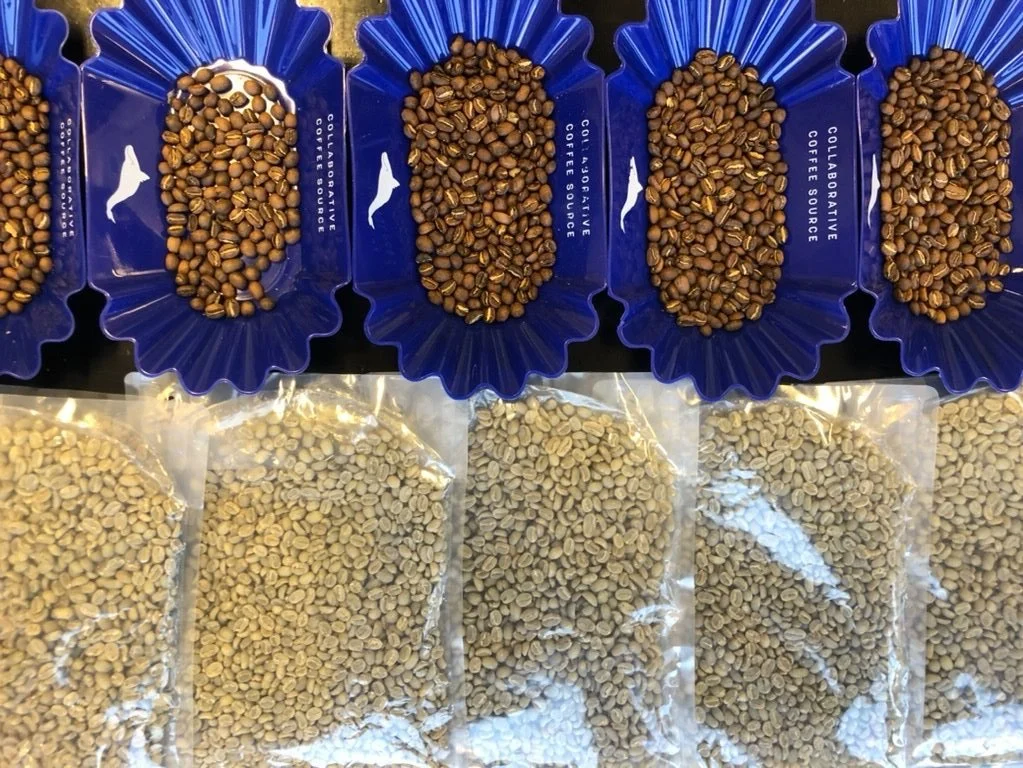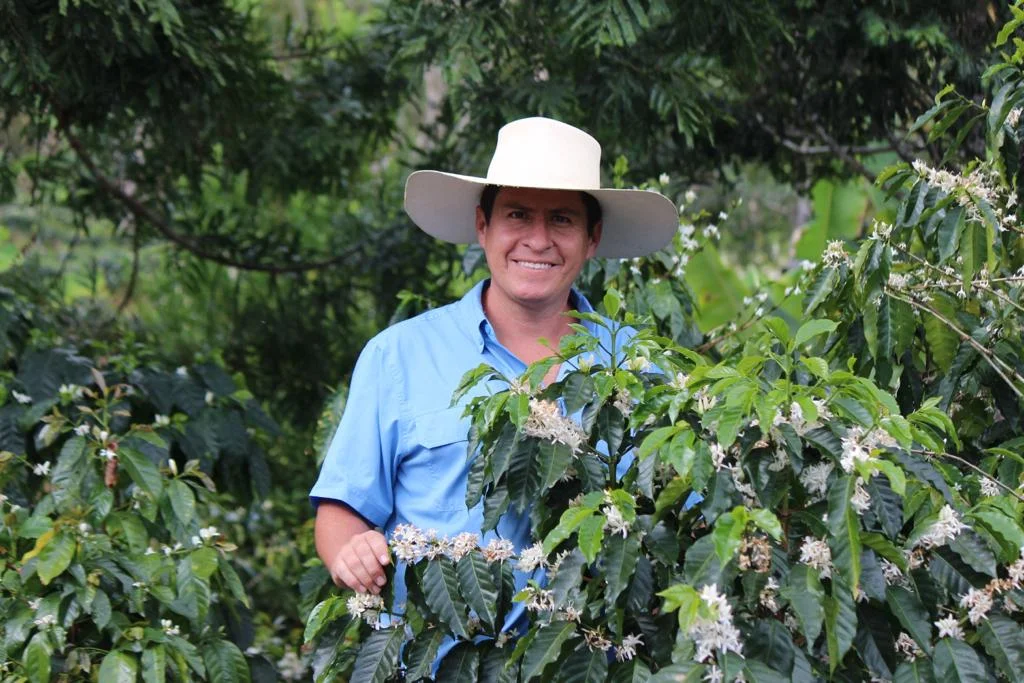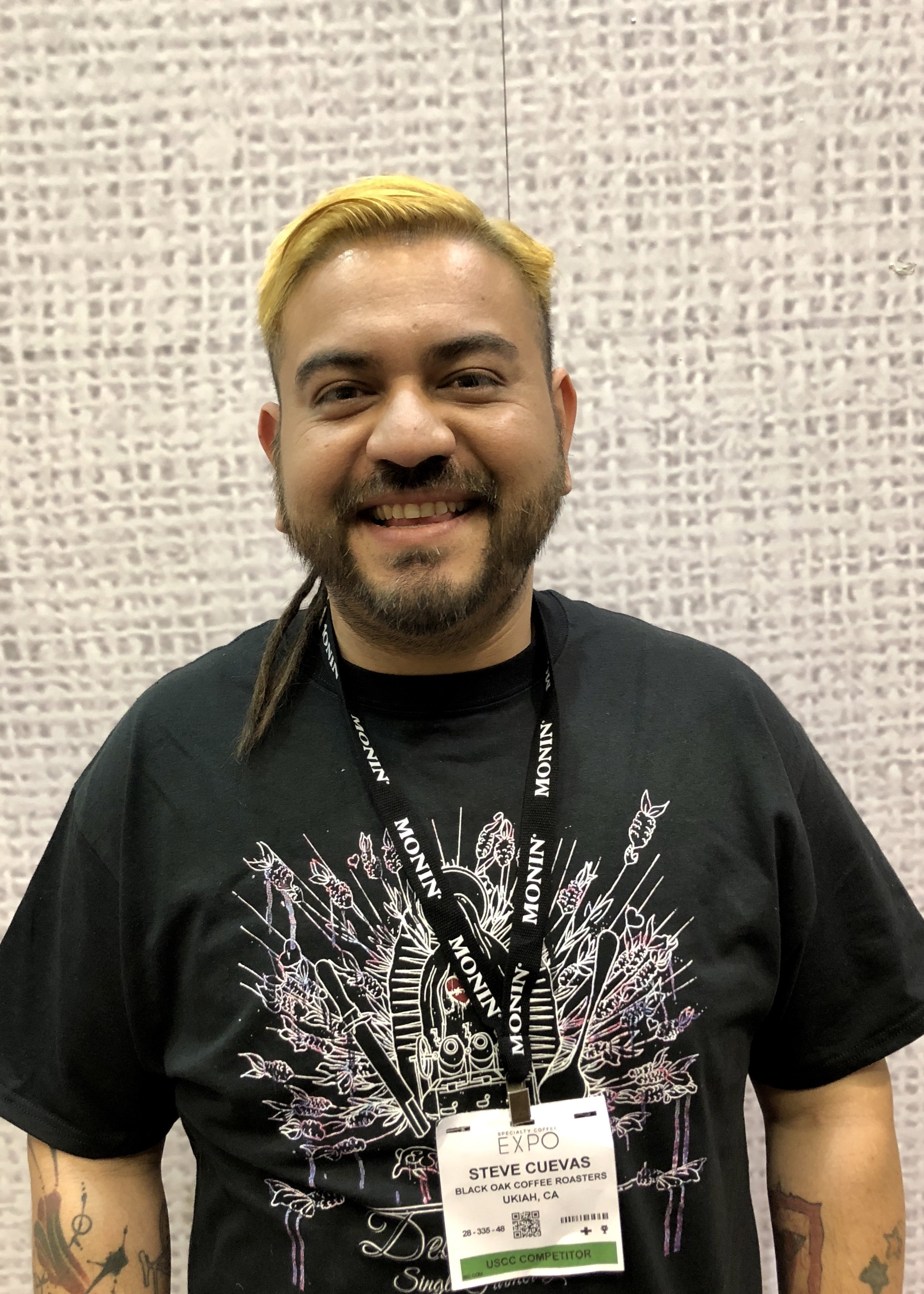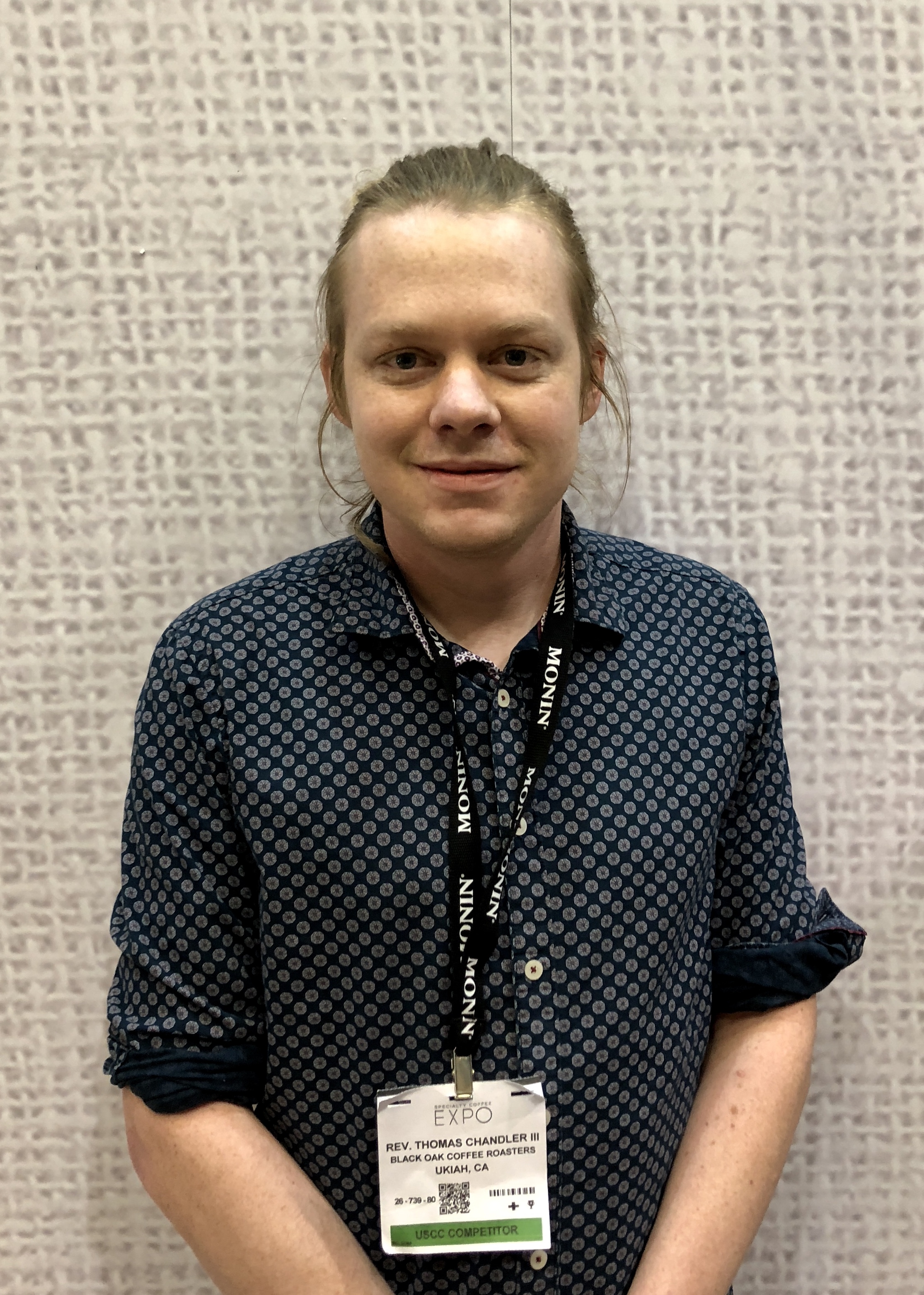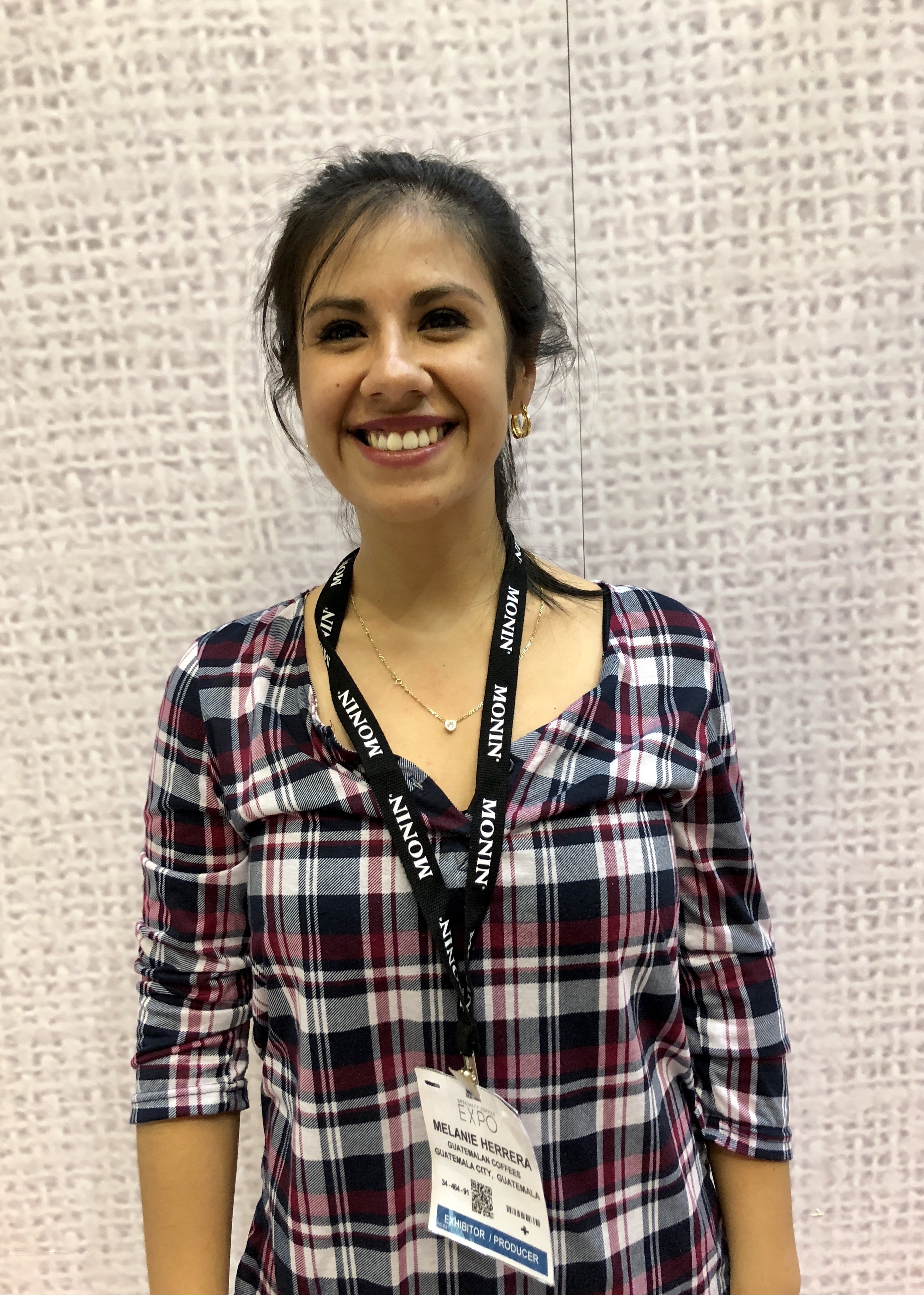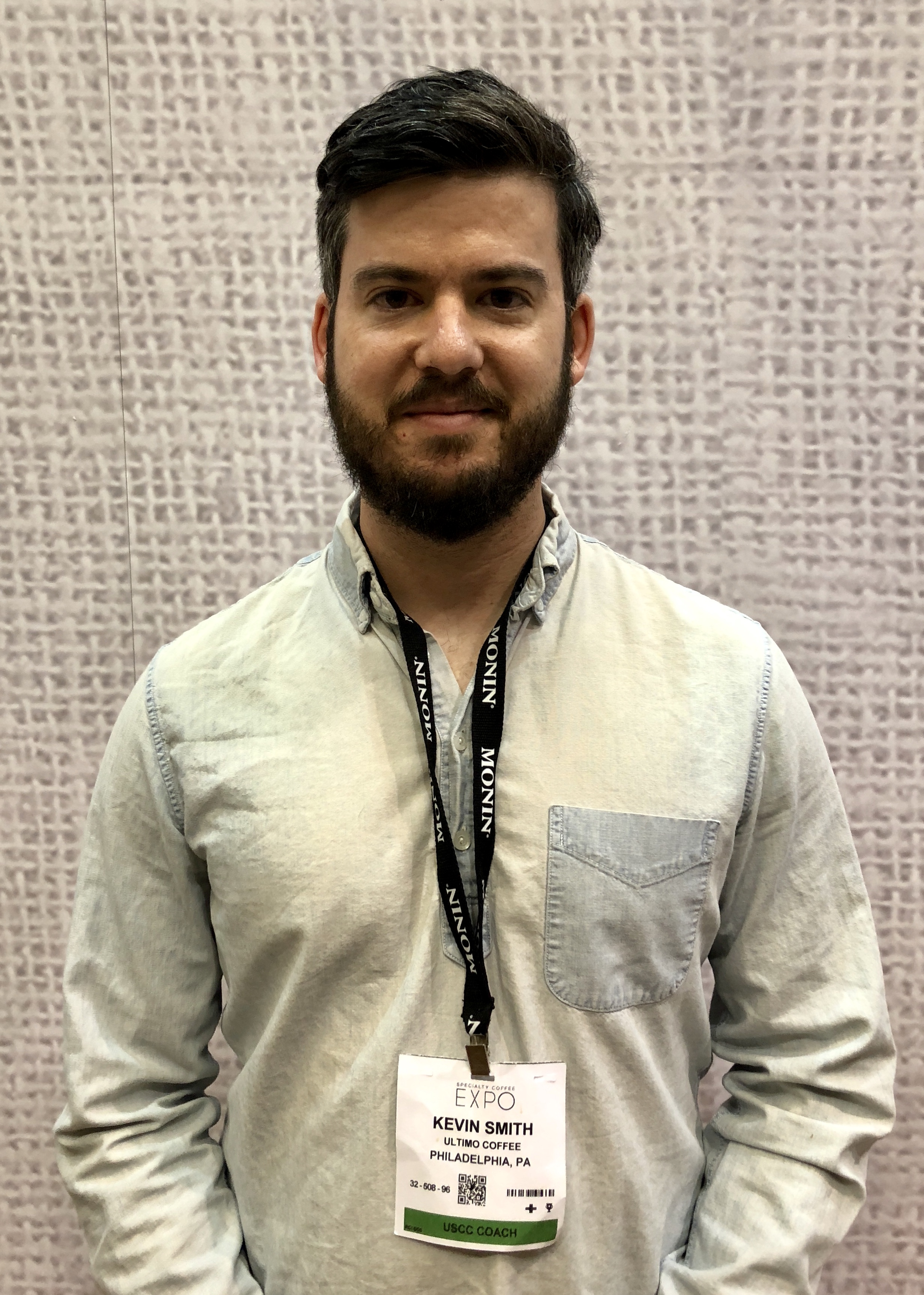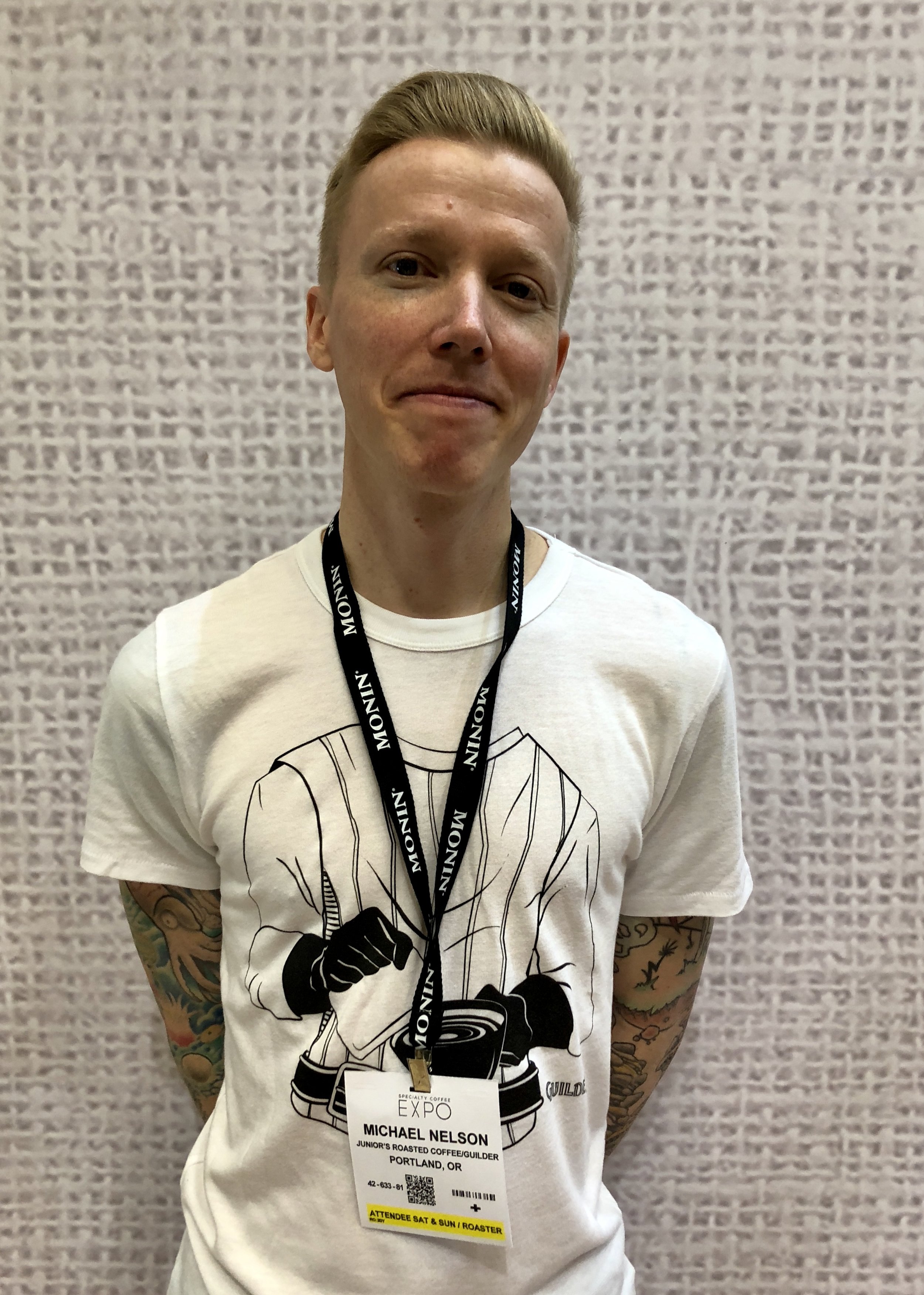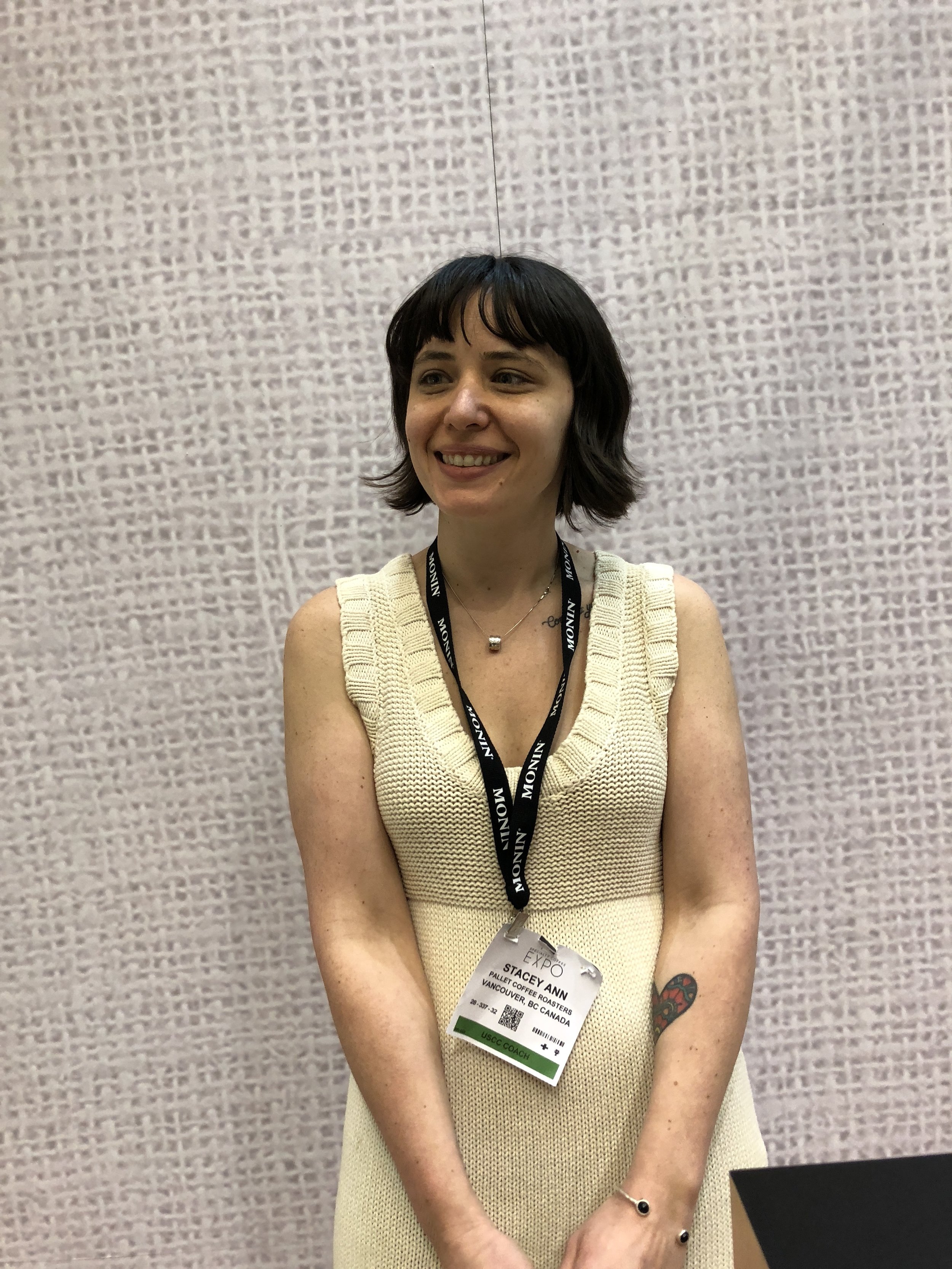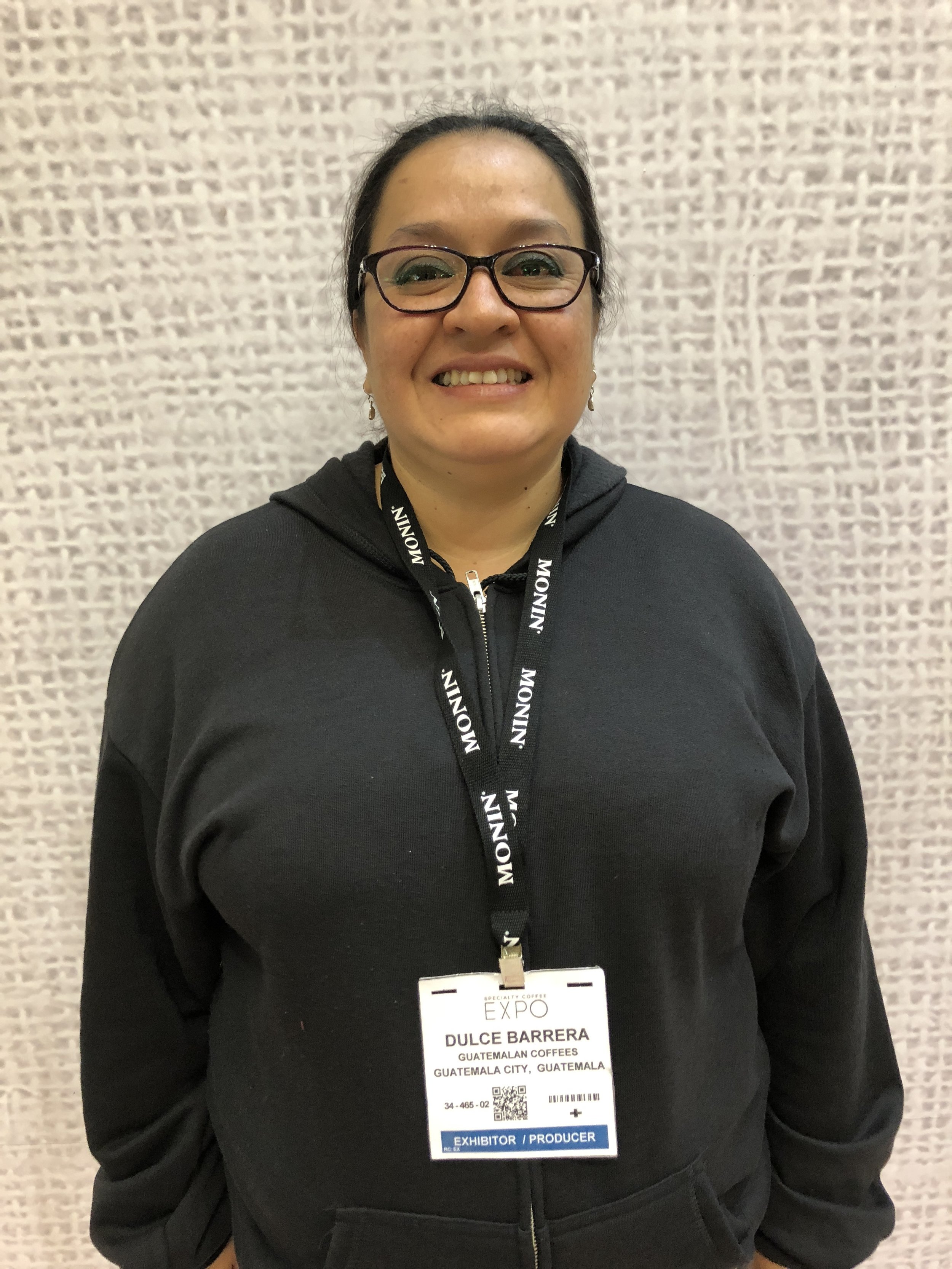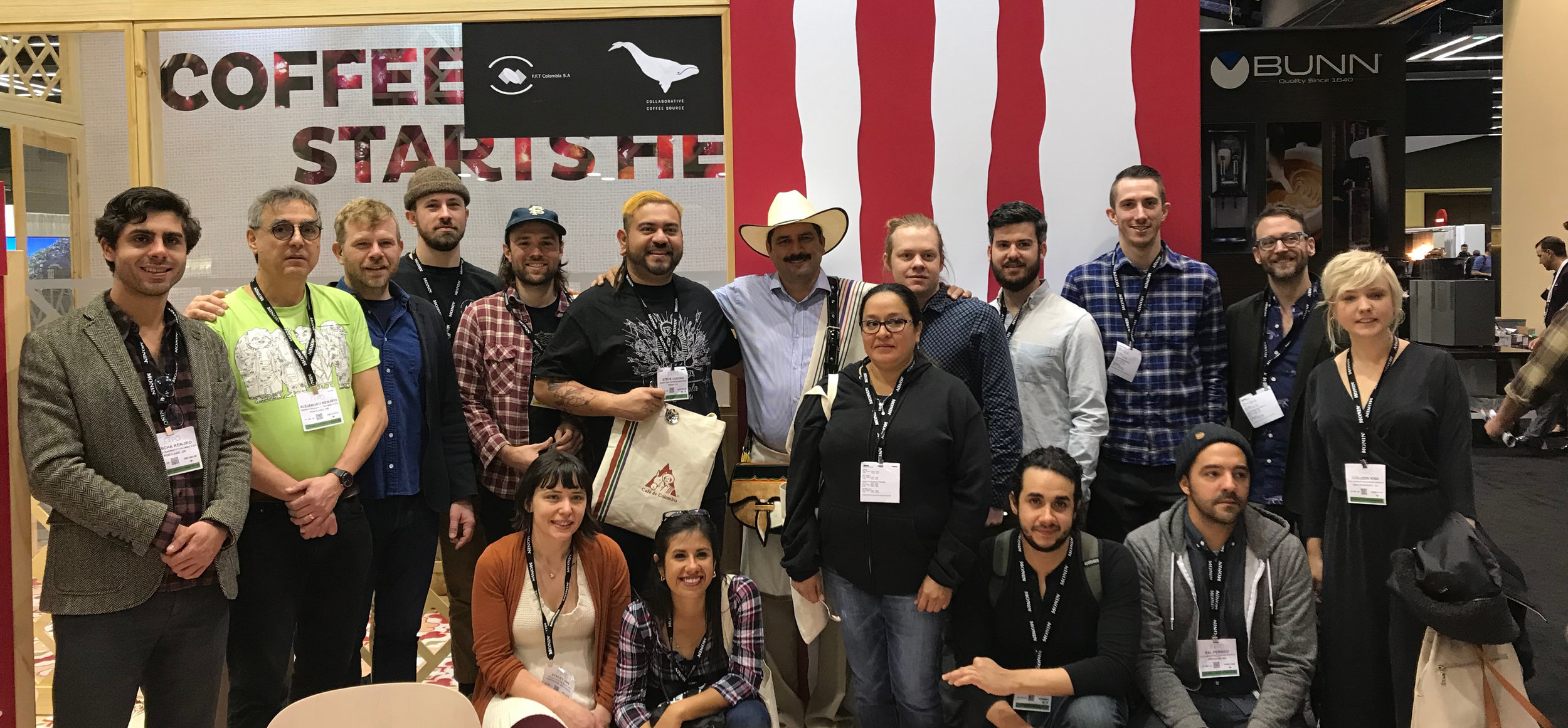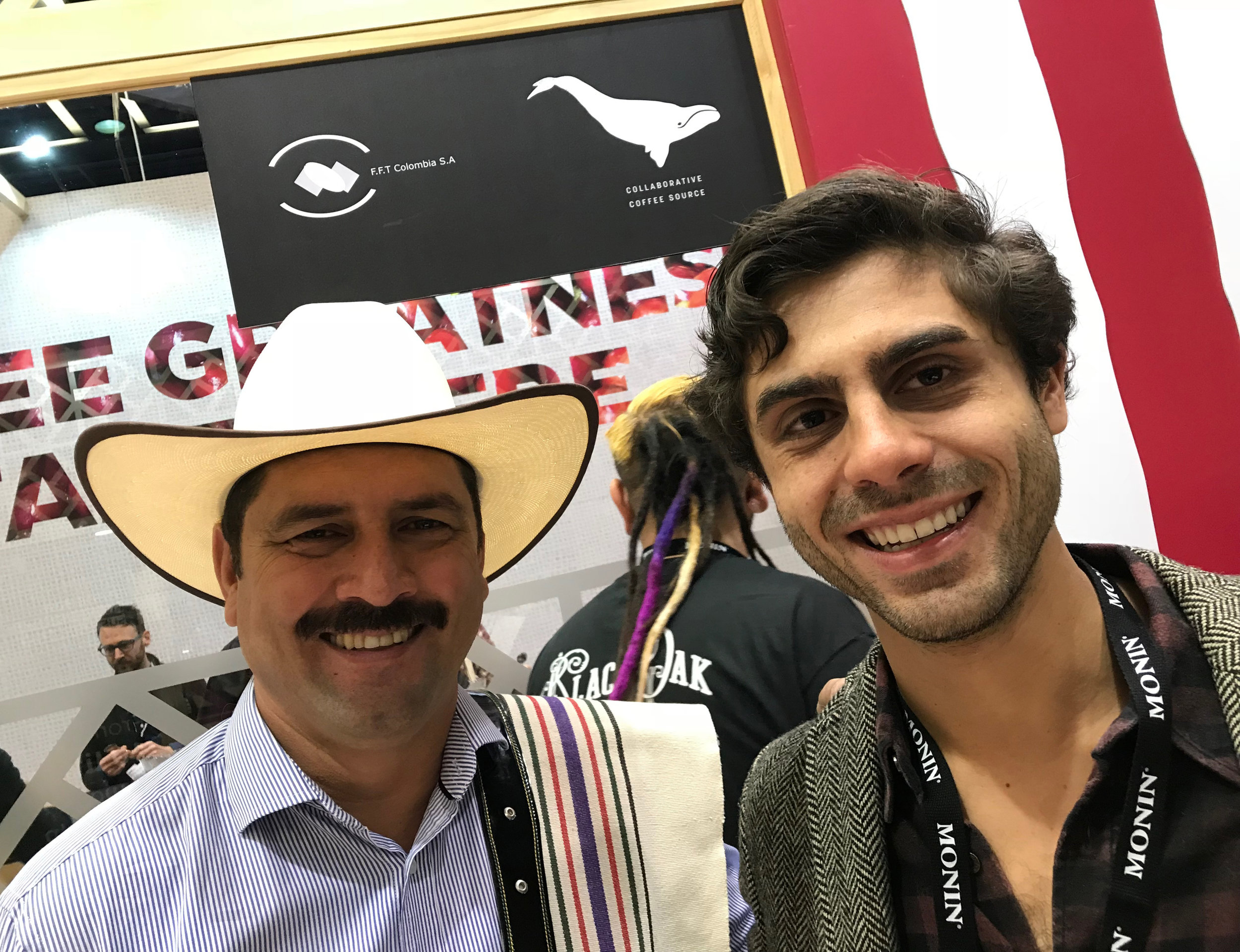August 1 – 3, 2018
Tulua, Valle del Cauca
Discover the enormous potential of Valle de Cauca, and uncover some hidden gems.
CCS and Fairfield Trading invite you to the 14th annual Valle Cafetero competition in Valle del Cauca, organized by the department’s five FNC coffee cooperatives, and CAFEXCOOP mill.
Valle del Cauca is an innovative yet lesser-known coffee growing department of Colombia. This is a rare opportunity to be part of a region’s coffee development, and add some unique and delicious coffees to your menu.
Itinerary:
July 31: Arrive in Cali, Colombia. Transport to Tulua.
August 1 to 3: Cupping and collaboration with producers
August 4: Return to Cali
Transportation to and from Cali airport, and accommodation in Tulua will be covered by the event organizers.
Agenda:
1. Cupping:
Assessing the top 30 micro-lots selected from 115 “micro-cuencas” in Valle de Cauca.
2. Business round:
A time for buyers and growers to connect, discuss, network, build relationships, and possibly trade coffee.
About Valle del Cauca:
Valle del Cauca is a department located on the Pacific coast, bordered by Chocó, Tolima and Cauca. This department is named after the Cauca river that runs through it, and this river is the basis of their unique approach to coffee cultivation.
The National Federation of Coffee Growers (FNC) divides Colombia into 86 “ecotopos” (ecotopes in English) within seven different coffee growing regions. These ecotopos are geographical areas that share the same soil and climatic conditions. Using this guide, the FNC create sustainable development programs, technical and crop forecasting models, and study the relationship between climatic conditions of the ecotopos and the cup quality they produce.
In Valle del Cauca, the flowing waters of the Cauca River unite the people, so instead of using ecotopes to determine their coffee sustainability strategy, the department uses “Micro-Cuencas” or micro river basins. Micro-Cuencas are the epicenter of the community and the source of coffee quality. Everyone, whether they work in coffee or not, must do their part to ensure the water is respected, because contamination flows downstream and negatively affects everything: the environment, the people, and ultimately, the coffee quality.
Sustainability programs in Valle del Cauca work with the unique ecosystem of each Mirco-Cuenca. They encourage coffee cultivation in harmony with the natural resources, maintaining the balance of the local insect population, stimulating natural fertility of the soil, and conserving the river basin for the future of both coffee cultivation, and the community.
Our partners in the region, Fairfield Trading, have worked with the group of cooperatives (organizers of this event) since 2002, serving as judges for the Valle Cafetero competition and purchasing winning lots of coffee. Alejandro Renjifo, founder of Fairfield Trading, is from this department, but that is not the only reason for his belief in its coffee growing potential. The exceptional coffees he has recently bought, coupled with the department’s unique approach to community and sustainability, has him convinced that Valle del Cauca will soon be one of the most highly regarded departments on Colombia’s coffee map.
YOU'RE INVITED
Roasters, green coffee buyers and QC managers are invited to join us as judges of the Valle Cafetero 2018. For more information, and to register your interest, fill in the form below.

